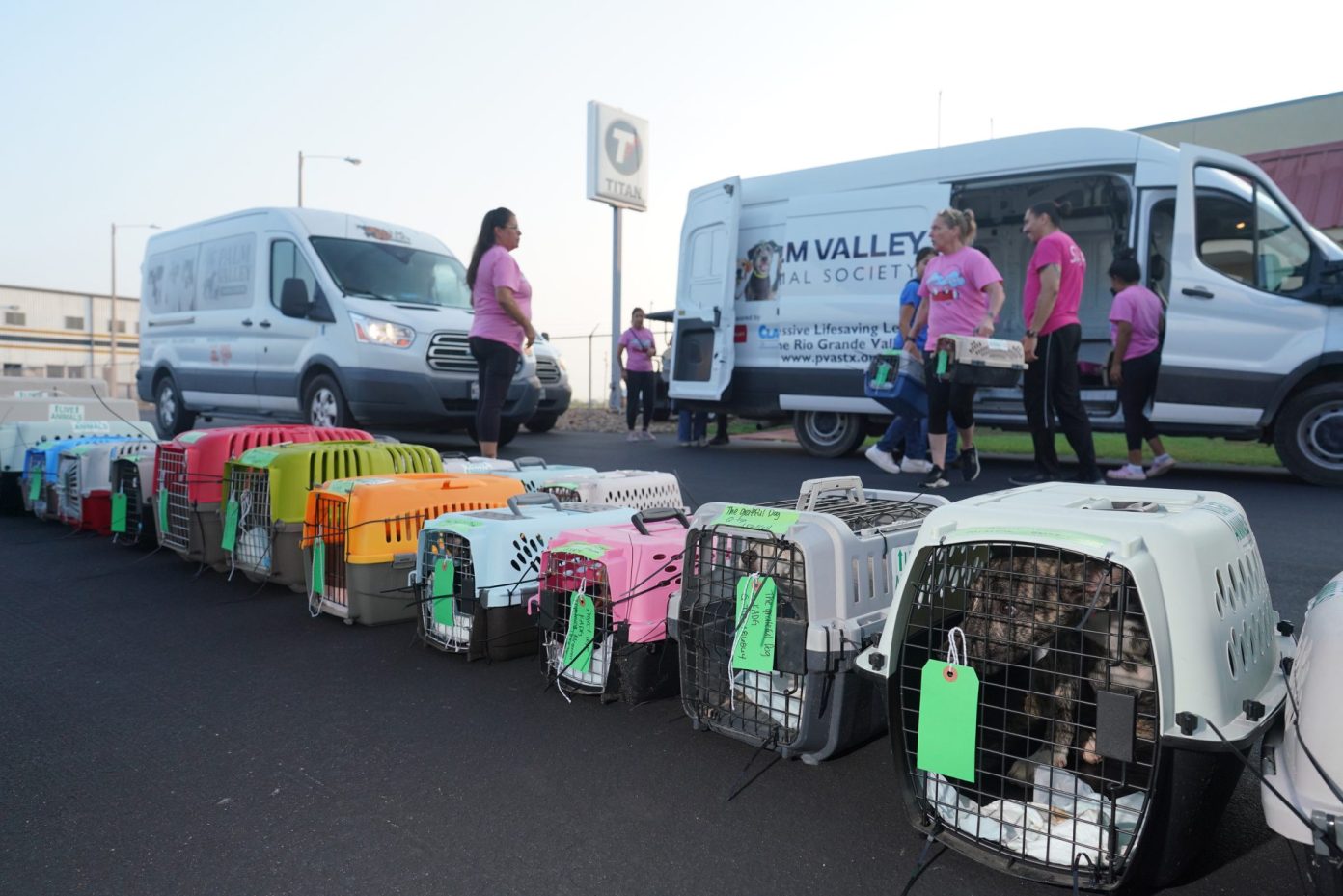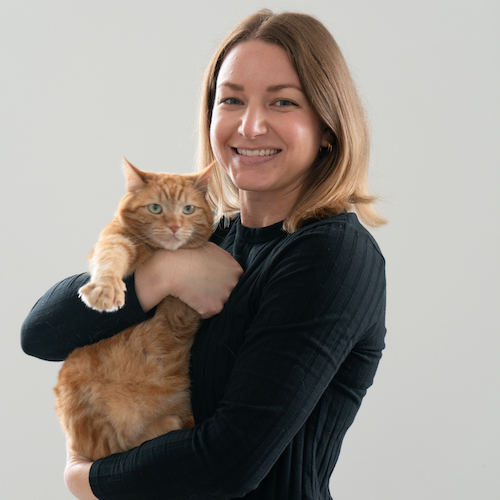- The Digital PawPrint
- Posts
- Pet healthcare is advancing faster than human healthcare
Pet healthcare is advancing faster than human healthcare
Was this forwarded to you? Subscribe to receive future volumes!
📈 A bite-sized stat tastier than kibble
$350+ billion spent on drugs to treat pet cancer
The healthcare industry is experiencing substantial growth across both human and animal sectors. The global pet cancer therapeutics market, valued at over $369 billion in 2022, is projected to grow at a 10%+ CAGR from 2023 to 2032, driven by increased pet owner spending. Veterinary services in the U.S. exceeded $38 billion in 2023, reflecting a growing emphasis on pet health. Concurrently, U.S. healthcare expenditure reached $4,5 billion in 2022, with $1.4 trillion dedicated to hospital care alone.
🐾 The purr-spective: These trends indicate a significant societal shift towards prioritizing health across species. As pet owners increasingly view their animals as family members, we can expect this cross-pollination of medical knowledge and technology to drive further improvements in both human and animal healthcare outcomes.

🎾 What we’re chasing: New advances in pet tech
Pawprints of progress: How pet healthcare is catching up to human medicine
As pet ownership and spending on pet health soar, the veterinary industry is rapidly adopting innovations from human healthcare. From AI-assisted diagnostics to streamlined drug development and digital insurance solutions, pet care is not just catching up—it's poised to lead in some areas. Discover how these advancements are reshaping the future of healthcare for our furry friends and potentially influencing human medicine along the way.

“Organ-on-a-chip” could end animal testing
Animal testing in medical research may no longer be as common, with new organ-on-a-chip (OOC) technology. These in vitro systems mimic human organs by cultivating engineered or natural tissues within microfluidic chips. OOC models have successfully identified hepatotoxic drugs early, refined exposure ranges, and enabled precision medicine through patient-specific drug testing.
Bridging the gap between traditional cell culture, animal models, and clinical trials aligns with a global shift away from animal testing, consistent with recent bans on cosmetic animal testing in Oregon, Canada, and Chile, and the advancement of legislation like the Humane Cosmetics Act in the U.S.
🐾 The purr-spective: The development of organ-on-a-chip technology represents a long-overdue advance in medical research, offering a more ethical and human-relevant alternative to traditional animal testing. If widely adopted, this technology has the potential to save millions of animal lives while simultaneously providing more accurate data for drug development and disease research. However, the transition to OOC systems will likely be a gradual process, hampered by high costs, limited applications, and the time required for widespread acceptance and integration into established research protocols.

Makes you wonder...
Sustainable pet products: Embracing eco-friendly choices for our pets
Pet companies are minimizing environmental impact by developing biodegradable and eco-friendly products. Companies like Earth Rated with its biodegradable poop bags and West Paw with pet toys made of recycled materials are helping us care for our pets while protecting the planet.
Beyond poop bags and toys, the sustainable pet product market has expanded to include:
Eco-friendly pet bedding made from recycled materials or organic fabrics
Sustainable pet food and treats packaged in compostable or recyclable materials
Biodegradable cat litter made from materials like corn, wheat, or recycled paper
Collars and leashes made from hemp, recycled plastic bottles, or other sustainable materials
Grooming products with natural, biodegradable ingredients and minimal packaging
Water and food bowls made from bamboo, recycled plastic, or other eco-friendly materials
Pet clothing made from organic or recycled fabrics
🐾 The purr-spective: Adopting eco-friendly pet care could reduce plastic pollution in landfills and oceans, conserve natural resources by using recycled materials, and protect wildlife from harmful pollutants and microplastics. Small changes to pet care choices ensure a healthier world for your pets and contribute to a sustainable future for all.
Are we neurotic and conscientious because we love our pets?
A fascinating new study, recently published in Frontiers in Psychiatry, sheds light on factors that contribute to stronger pet-human bonds and reveals some intriguing patterns in pet attachment.
Personality traits play a significant role, with individuals exhibiting high levels of neuroticism and conscientiousness reporting more intense connections with their animal companions. But that's not all: demographic factors also come into play. The study found that women, people over 50, and those responsible for children under 18 tend to form stronger attachments to their pets.
Interestingly, the type of pet matters too. Dog owners, in particular, reported more robust bonds with their four-legged friends, compared to owners of other pets.
🐾 The purr-spective: This research offers valuable insights into the complex dynamics of human-animal relationships. It helps us understand how pets impact pet owners’ psychology. But these are just patterns, with no correlation yet identified.
Texas city proposes a limit on the cats and dogs per household
Several high-profile hoarding cases, including one where 94 animals were rescued from one home, caused McAllen, Texas to consider a new ordinance to cap the number of adult cats and dogs per household at four. Those who want more would require an inspection of living conditions to obtain an "Excess Animal Permit." This ordinance could serve as a model for other cities grappling with similar issues, potentially preventing neglect before it occurs.

🐾 The purr-spective: This proposed ordinance raises important questions about pet ownership and animal welfare that extend far beyond McAllen. With animal shelters nationwide struggling with overcrowding and abuse cases on the rise, should there be limits on pet ownership? While responsible pet owners may bristle at government intervention, the reality is that animal hoarding cases put immense strain on local resources and often result in animal suffering.

A new treat of resources

Missed the previous volumes and articles? Check them out!
Meowtel: Pioneering the in-home cat sitting experience | Transforming pet engagement: the innovation behind Porter Labs’ PupStation |

